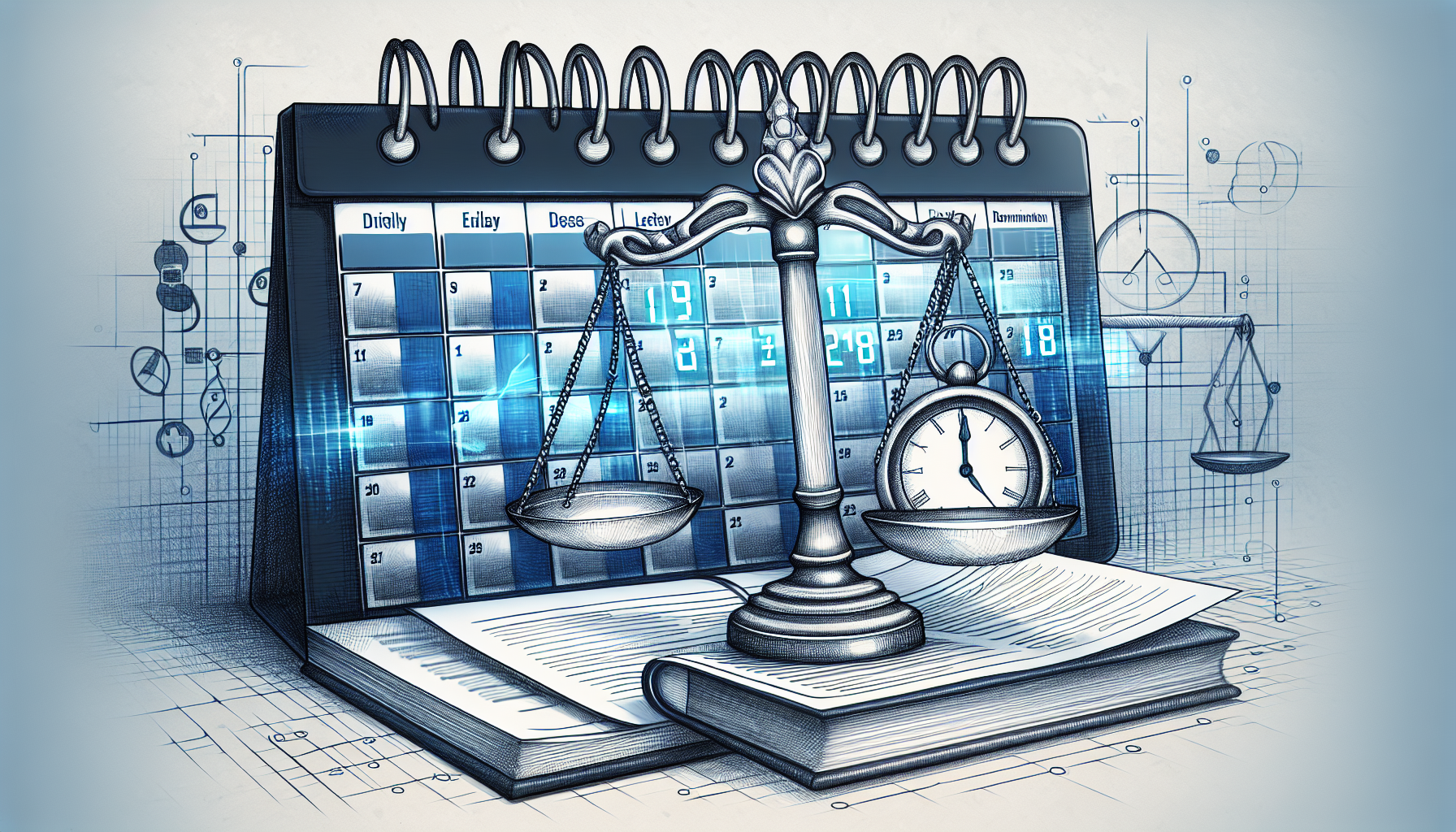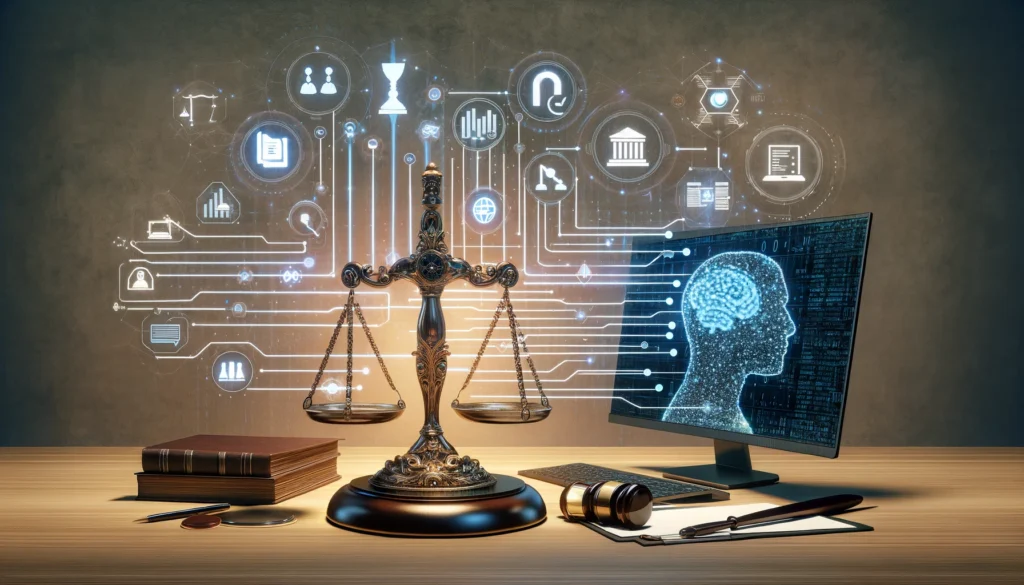
The Modern Paralegal’s Dilemma: Efficiency Versus Accuracy
Paralegals today are often caught between the need for quick results and the uncompromising demand for accuracy. Corporate entity searches are particularly time-consuming, often involving sifting through extensive records and databases to ensure there are no inaccuracies. Any mistakes in this process can have significant legal implications, including compromised case integrity and potential legal liabilities.
With the advent of AI tools like ChatGPT, paralegals now have a powerful ally. ChatGPT is designed to assist in a variety of tasks, offering both speed and precision. However, this brings its own set of challenges and learning curves that need to be addressed.
A Crash Course in Large Language Models
To understand the utility of ChatGPT, it’s helpful to first know what Large Language Models (LLMs) are. LLMs are AI models trained on vast amounts of text data, enabling them to understand and generate human-like text. ChatGPT, a product of OpenAI, is a notable example of such a model.
Using LLMs in legal research offers distinct advantages, including rapid data extraction, the ability to handle complex queries, and a significant reduction in manual error rates. This technological marvel enhances both speed and accuracy, a dual benefit that is invaluable in the legal world.
Getting Started with ChatGPT: Setup and Best Practices
Accessing ChatGPT is straightforward. Subscriptions can be easily obtained through platforms like OpenAI. Once registered, the setup involves basic account configuration to align the tool with your specific requirements.
Effective querying is key to maximizing ChatGPT’s utility. Start with clear, concise prompts and leverage its ability to handle complex language structures. Always be mindful of data privacy and ethical guidelines, ensuring that any sensitive information is adequately protected.
Data privacy and ethical considerations are paramount, particularly in a legal setting. Ensure that you comply with all relevant regulations and safeguard client confidentiality by adhering to best practices.
Crafting the Perfect Query: Nuanced Prompts for Quick Results
Understanding how to construct the perfect query is crucial for optimal performance. A well-crafted query generally includes:
- Context: Providing background information aids in generating relevant responses.
- Specificity: Precise questions yield precise answers.
- Clarity: Unambiguous language reduces the chance of errors.
For instance, rather than asking, “Find info on Company X,” you might say, “Provide the latest corporate filings for Company X, including board members and major shareholders.” This detailed prompt streamlines the response.
Some effective prompts for corporate entity searches include:
- “List all subsidiaries of Company Y as of 2023 and their registered jurisdictions.”
- “Summarize the annual financial report of Company Z for the year 2022.”
Common pitfalls often include overly broad queries, lack of context, and imprecise wording. Avoiding these can dramatically improve the quality of output.
Fine-Tuning for Accuracy: Advanced Query Techniques
Once comfortable with basic querying, advanced techniques can further enhance accuracy. Employing filters and specific keywords can refine the search results effectively.
Leverage context and previous queries to build on the AI’s understanding. For example, if researching corporate filings, sequential queries that refine the data can yield highly accurate results.
Verification and cross-referencing are essential strategies. Always corroborate AI-generated results with trusted sources to ensure absolute accuracy. Cross-referencing data points mitigates the risk of relying on incorrect information.
Speed Boosters: Time-Saving Hacks for Repeated Tasks
Streamlining your workflow can significantly boost productivity. Utilizing templates for common searches simplifies recurrent tasks, while automating frequent queries can save valuable time.
Integrating ChatGPT with other tools and databases further augments efficiency. APIs and software plugins can connect ChatGPT to your existing legal research tools, facilitating a seamless and cohesive workflow.
The Human Touch: Balancing AI Assistance with Manual Insight
Despite AI’s advantages, there are limits to its capabilities. Certain nuanced judgments require human expertise. Understanding when to rely on professional judgment versus automated assistance is crucial.
Combining AI and human review ensures the best outcomes. Employing both resources allows for comprehensive analysis, maintaining a balance between speed and accuracy.
Future-Proofing Your Workflow: Staying Updated with AI Advances
AI technology is continually evolving. Keeping pace with these advancements is essential. Regularly updating your knowledge base and AI tools ensures continued efficacy in your workflow.
Continuous learning and skill enhancement are paramount. Building a tech-savvy paralegal team can foster a culture of innovation and adaptability, making your practice future-proof.
Conclusion: Transforming the Paralegal Landscape with AI
In summary, the integration of AI tools like ChatGPT in legal research offers transformative potential. The balance between efficiency and accuracy can be achieved, revolutionizing traditional paralegal workflows. Embrace these technologies to stay ahead, ensuring both speed and meticulous attention to detail in your legal practice.
As the legal landscape evolves, so too must the tools and practices we employ. Embracing AI technology like ChatGPT can place paralegals at the forefront of this transformation, making them indispensable assets in the modern legal arena.


